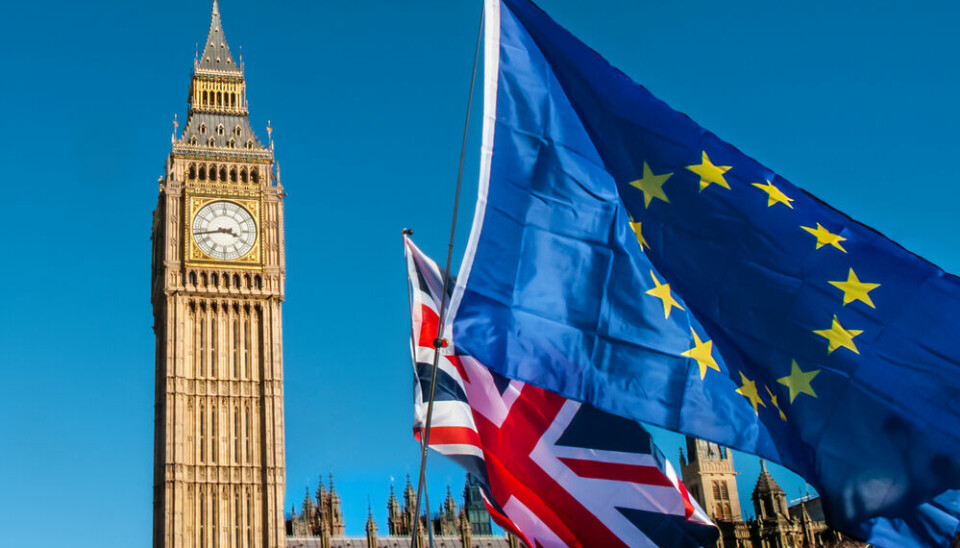UK rejects EU’s youth mobility offer citing ‘free movement’ concerns
Westminster has declined a proposal to make it easier for young Britons to study and work in the EU or vice versa
EU proposes easy visa rights to study and work
Copyright (c) 2017 vasara/Shutterstock
An offer to make it easier for British under-30s to work, study and live in the EU – and vice versa – has been rejected by Westminster.
Both Labour and the UK government say they are not interested in the European Commission’s suggestion of negotiation as the proposal is too similar to EU ‘free movement’ which they do not want.
The government said, however, it will look at bilateral deals with countries “where it is in the UK’s interest”.
Read more: EU proposes talks with UK for easy work and study for under-30s
Young French people would fill lower-paid jobs in UK
Since Brexit, the UK has become a ‘third country’ to the EU and European citizens have been treated the same as any other foreigners in the UK.
This makes it more complex for young Britons to go to France, and vice versa, and has halted the flow of young French people to the UK to work as au pairs or in other lower-paid jobs, such as bar work.
It is also more difficult for Britons to undertake seasonal work in France.
UK now accepts French school trips without passports
The Commission proposes a new process allowing young people to come for up to four years without a specific job or study offer, provided they can support themselves.
It says it has made the proposal in view of the fact the UK has made overtures to several EU countries about ‘youth mobility’.
It agreed to open a ‘dialogue on mobility’ following the UK-France summit last year.
One change so far is that the UK again accepts French pupils on trips with only ID cards instead of passports, as before Brexit, including pupils of non-EU nationalities who would usually require visas to come.
Read more: French pupils no longer need passport for school trip to UK
UK refused to continue EU’s Erasmus exchanges
The next step will be for the new proposals to be discussed by the Council of the EU.
European commissioner Maros Sefcovic said: “The UK’s withdrawal from the European Union has hit young people in the EU and the UK who would like to study, work and live abroad particularly hard.
“Today, we take the first step towards an ambitious but realistic agreement that would fix this issue.
“Our aim is to rebuild human bridges between young Europeans on both sides of the Channel.”
The UK already turned down a proposal to continue with the EU’s Erasmus student and work placement exchanges scheme.
‘It takes two to tango’
When we asked the UK’s ambassador to France Dame Menna Rawlings, prior to last year’s summit, about potential deals to make it easier for young people to come to work, she said: “I agree in principle that it would be good to find ways to make it more straightforward.”
However, she added: “At the moment, the French would rather deal with youth mobility at an EU level.
“It takes two to tango, so we must be clear on what we can do and what might not be possible this time, but it will stay on our agenda for the longer term.”
Free movement was hot topic in Brexit talks
Prior to Brexit, all Britons and European citizens could live and work in each other’s territories, without the need for visas or residency cards.
In negotiating proposals for the withdrawal agreement talks, published in 2017, the EU suggested Britons living in France before Brexit could retain their free movement rights across the bloc.
However, early in the negotiations, the UK proposed that European citizens living in the UK before Brexit could freely come and go for life, in return for Britons maintaining ‘onward free movement’ rights, leading to EU negotiator Michel Barnier saying the negotiations should be limited to protecting “life choices made up to Brexit day”.
In the later talks over the future relationship, including the rights of UK nationals moving after Brexit, the UK ruled out including free movement in this, seeking a more arms-length agreement, including a free trade deal.





























